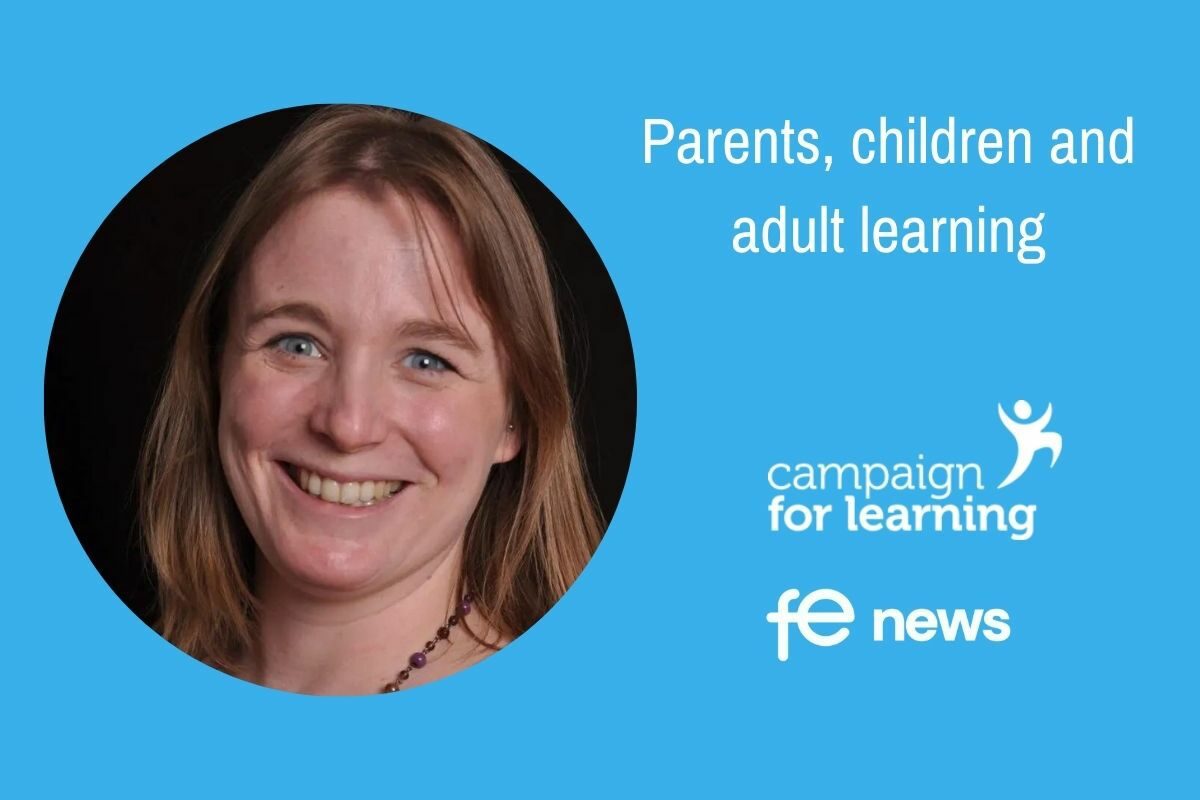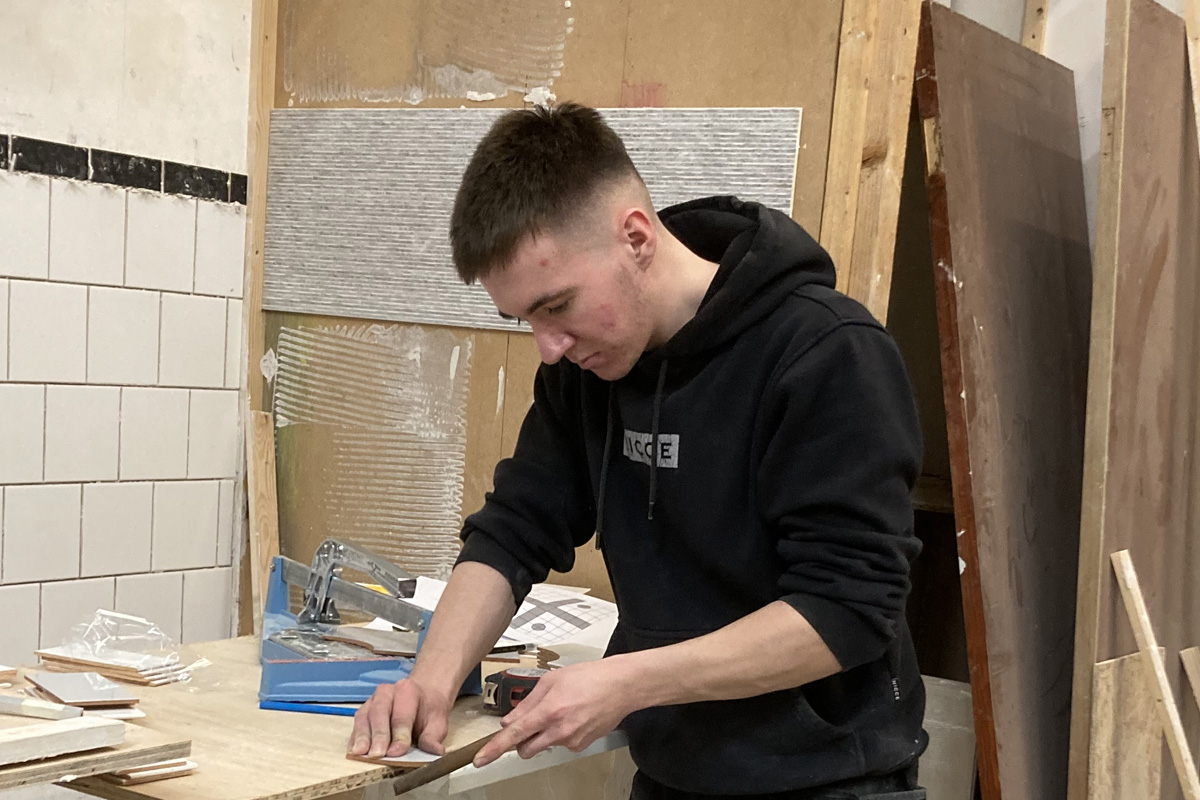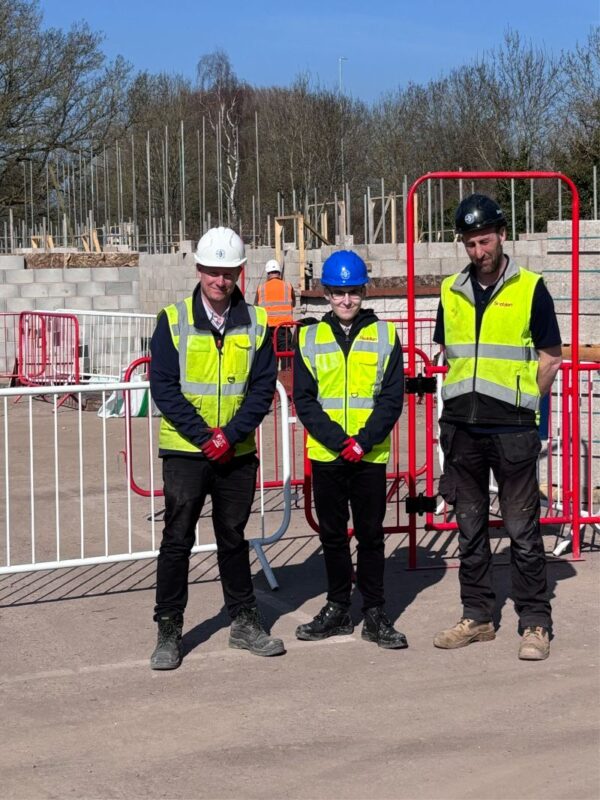Promoting Family Wellbeing Through Adult Learning

At the What Works Centre for Wellbeing, we are interested in supporting and researching family wellbeing for a number of reasons.
First, we need to build more evidence on family wellbeing as a unit. Typically, research and practice has looked at wellbeing at the level of individuals, communities and the nation. But we don’t yet look at the unit of the family in terms of wellbeing and policy to a great enough extent. The Department for Work and Pensions leads the Family Test, but this is focused on one specific aspect of family.
Second, much activity is focused on the outcomes for children rather than parents, adults or the family as a whole. Supporting young people’s wellbeing is crucial, but we also know that adults are the most miserable and that personal relationships are vital for our wellbeing.
What Works to Improve Wellbeing in Families
Family wellbeing is a developing part of community wellbeing. Families are the practical and very human experience of wellbeing, and are at the micro-level of ‘bonding social capital’ – something that policy typically struggles to engage with.
The What Works Centre for Wellbeing hasn’t yet looked comprehensively at families, but we have found that two areas have potential for promoting family wellbeing: learning throughout our lifetimes and participating in outdoor activities as a family.
Adult Learning and Wellbeing
Our adult learning and wellbeing review supports existing evidence that learning throughout our lives is positive for wellbeing. It also found that adult learning can have a range of wellbeing benefits. These include facilitating social contact, developing a sense of purpose and enabling progression into employment (Box 1).
Learning at any age can help build soft skills such as social connections, social and emotional health, and life skills which include problem-solving, metacognition, or being aware of one’s thoughts processes, and delivering and receiving feedback.
Our review shows that both ‘hard’ and ‘soft’ learning outcomes matter for wellbeing. Tangible outcomes such as a formal qualification, and intangible outcomes such as improved self- confidence and social relations, are both important for improving wellbeing.
Learning and Activities as a Family
In our adult learning and life satisfaction briefing, we found that hobby and leisure-related learning had a large positive impact and was surprisingly good for overall wellbeing for those living in more deprived areas. Alongside this, we also saw that culture, heritage and sporting activities were happening more and more through families rather than schools.
Whilst existing evidence showed that doing activities outdoors can be good for our wellbeing – making us feel happier and more satisfied with life, or less anxious and depressed – there was very little evidence about adults and children together in families.
Through our outdoor recreation and the family review, we found that people’s enjoyment of the outdoors is enhanced when they spend time with family and friends and in particular with partners. Taking part in outdoor recreation with families improves self-competence learning and identity through family connection to nature. It also improves wellbeing via escapism, relaxation and sensory experience and strengthens social bonding as a family.
Participating in arts, culture and community engagement is good for your wellbeing, regardless of where you live.
What Can Be Done to Support Wellbeing in Families?
While all these findings are important and provide much needed insight, more research is needed to understand how learning together and within the family unit could work to improve wellbeing for each individual family member, and for the family unit as a whole.
Recommendation 1
Government and local authorities need to support and promote family outdoor activities. There is a case for promoting outdoor recreation, especially as a family-orientated activity at a national level. This could include cultural, heritage and arts engagement, physical activity, and time in green spaces as a family. However, more research is needed to help us understand the causal links and effects of different activities on different family members – for example, siblings, grandparents, and so on. This will help policymakers and practitioners understand what works and in what conditions.
Recommendation 2
Stakeholders need to build an evidence base on what works for improving wellbeing for the family unit as a whole, as well as for individuals, adults and children. This includes understanding the wellbeing benefits of learning together as a family, and how we can best support families to thrive.
Recommendation 3
Government and local authorities must use robust wellbeing evidence to inform policy, programmes and levelling up. We have produced an evaluation guide for Measuring Wellbeing, which can help show the wider impact that policies and programmes have on the people and communities they support. We have also developed a bank of wellbeing measures designed to measure the wellbeing of children and young people.
By Nancy Hey, Chief Executive, What Works Centre for Wellbeing
Read Campaign for Learning‘s press release here.
Parents, Children and Adult Learning: Family Learning Policy in the 2020s
Read previous articles here:
- Driving-Up Parental Engagement in Educational Catch-Up, Sam Freedman, Research Fellow, Institute for Government
- Focusing on Parents to Improve Social Mobility, Lee Elliot-Major, Professor of Social Mobility, University of Exeter
- Encouraging Parental Involvement in Children’s Learning Through School Communication, Adrian Burt, Founder, MarvellousMe
- Balancing Parental Support and Independence of 16-18 Year Olds in Further Education, Noni Csogor, Research and Policy Manager, Sixth Form Colleges Association
- Involving Parents and Guardians in Careers Support for 11-18 Year-Olds, Lesley Thain, Head of Career Programmes, Gatsby Foundation
- Enabling Parents to Get What They Need to Support Children to Learn, Kerry-Jane Packman, Executive Director, Parentkind
- Working with Parents in the Early Years to Get More Children School Ready, Louise Bazalgette, Deputy Director, Nesta
- Using Technology to Help Parents Bridge the Gap in Child Learning, Tom Harbour, Chief Executive, Learning with Parents
- Targeting Support at Carers to Improve the Educational Outcomes for Children in Care, Aoife O’Higgins , Director of Research, What Works for Children’s Social Care
- Supporting Parents to Build Children’s Financial Capability, Sarah Porretta, Insights Director, Money and Pensions Service
- Using Libraries to Support Literacy and Personal Development in Children and Young People, Christine Myhill, National Chair, ASCEL
- Enabling Parents and Children to Learn Together as Families, Katie Easey, Director of Education: Community Learning, WEA
- Reminding Policy Makers of the Benefits of Parents and Children Learning Together, Susannah Chambers, Independent Consultant
- Building Maths Confidence Through Family Learning, Professor Alison Clark-Wilson, Chair, and Lucy Davis, Chief Executive, Maths on Toast – the family maths charity












Responses